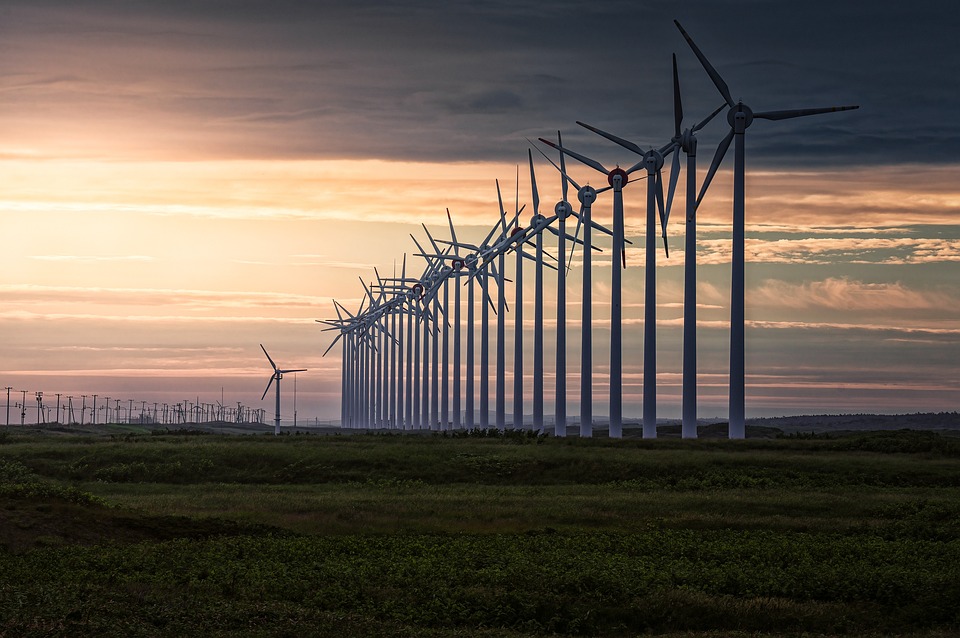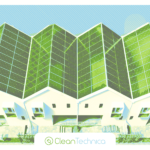Introduction
As the world continues to grapple with the challenges of climate change, energy security, and economic development, the need for efficient and reliable energy generation has never been more pressing. Power plants play a crucial role in meeting this demand, and advances in power plant design are unlocking new possibilities for efficient energy generation.
Traditional Power Plant Design
Conventional power plants have traditionally relied on fossil fuels, such as coal, natural gas, and oil, to generate electricity. While these plants have been successful in meeting energy demands, they also come with significant environmental and social costs, including greenhouse gas emissions, air pollution, and water pollution.
Challenges with Traditional Power Plant Design
Traditional power plants face several challenges, including:
- Low efficiency: Fossil fuel-based power plants typically operate at an efficiency of around 33-40%, resulting in significant energy losses and waste heat.
- Water usage: Power plants require significant amounts of water for cooling, which can strain local water resources and affect aquatic ecosystems.
li>High emissions: The combustion of fossil fuels releases large amounts of greenhouse gases, contributing to climate change and air pollution.
Advances in Power Plant Design
In recent years, advances in power plant design have focused on addressing these challenges and improving the efficiency, sustainability, and reliability of energy generation.
Renewable Energy Technologies
Renewable energy technologies, such as solar and wind power, are becoming increasingly cost-competitive with fossil fuels. Advancements in these technologies have led to improved efficiency and reduced costs, making them more viable options for energy generation.
Next-Generation Fossil Fuel Power Plants
Next-generation fossil fuel power plants are designed to improve efficiency, reduce emissions, and minimize water usage. These plants incorporate advanced technologies, such as:
- Advanced combustion technologies: These technologies improve fuel efficiency and reduce emissions by optimizing combustion conditions.
- High-efficiency turbines: Next-generation turbines operate at higher temperatures and pressures, increasing efficiency and reducing energy losses.
- Carbon capture and storage (CCS): CCS technology captures and stores CO2 emissions from power plants, reducing greenhouse gas emissions.
Carbon-Neutral Power Plants
Carbon-neutral power plants, also known as “net-zero” plants, use renewable energy sources to power electricity generation, while capturing and storing any remaining emissions. These plants are designed to operate in harmony with the environment, minimizing their carbon footprint and environmental impact.
Benefits of Advances in Power Plant Design
The benefits of advances in power plant design are multifaceted:
- Improved efficiency: Next-generation power plants operate at higher efficiencies, reducing energy waste and minimizing environmental impacts.
- Reduced emissions: Advances in power plant design reduce greenhouse gas emissions, air pollution, and water pollution, improving environmental sustainability.
- Increased reliability: Improved power plant design and operation ensure a stable and reliable energy supply, minimizing outages and reducing the risk of blackouts.
Conclusion
Unlocking efficient energy generation through advances in power plant design is critical for meeting global energy demands while minimizing environmental impacts. By embracing next-generation power plant technologies, we can reduce greenhouse gas emissions, improve energy efficiency, and ensure a sustainable energy future.
FAQs
What are the benefits of renewable energy technologies in power plants?
Renewable energy technologies, such as solar and wind power, offer a cleaner, more sustainable alternative to fossil fuels. They reduce greenhouse gas emissions, improve air quality, and minimize water usage.
How do next-generation fossil fuel power plants reduce emissions?
Next-generation fossil fuel power plants use advanced technologies, such as carbon capture and storage (CCS), to reduce emissions. CCS captures CO2 emissions from power plants and stores them underground, reducing greenhouse gas emissions.
What is the future of carbon-neutral power plants?
Carbon-neutral power plants, also known as “net-zero” plants, are the future of energy generation. These plants use renewable energy sources to power electricity generation, while capturing and storing any remaining emissions, minimizing their carbon footprint and environmental impact.




.png?w=150&resize=150,150&ssl=1)


